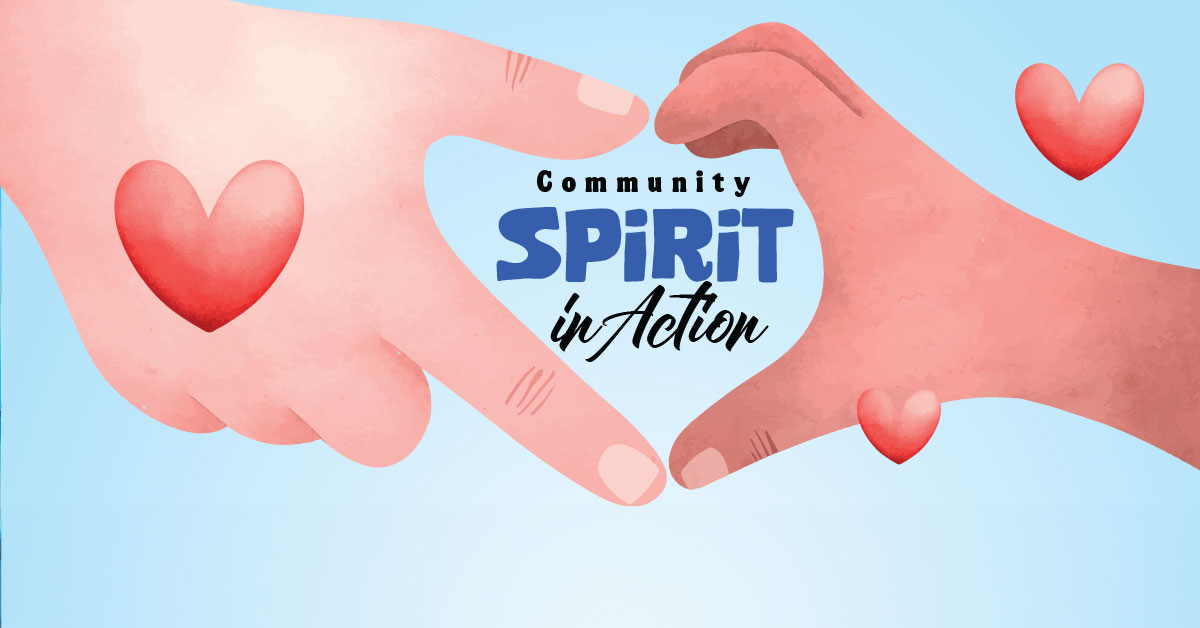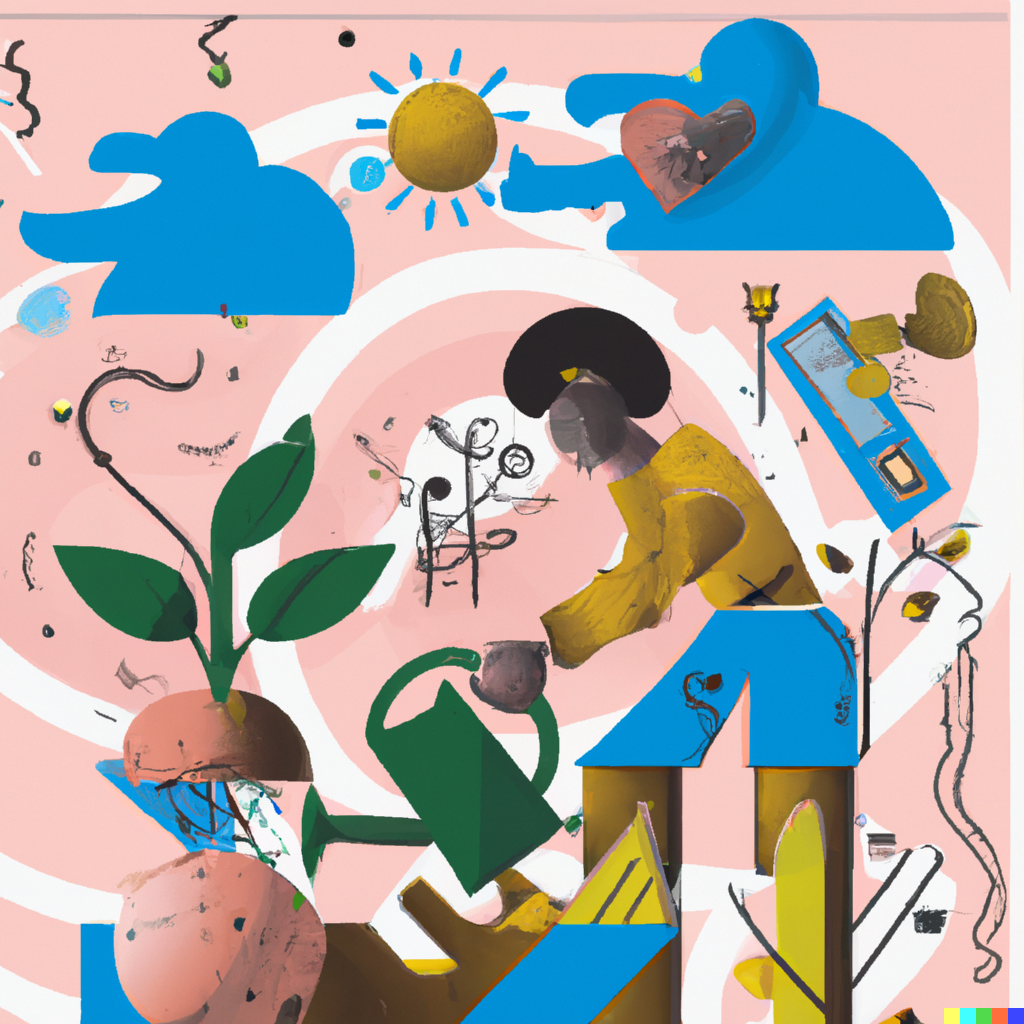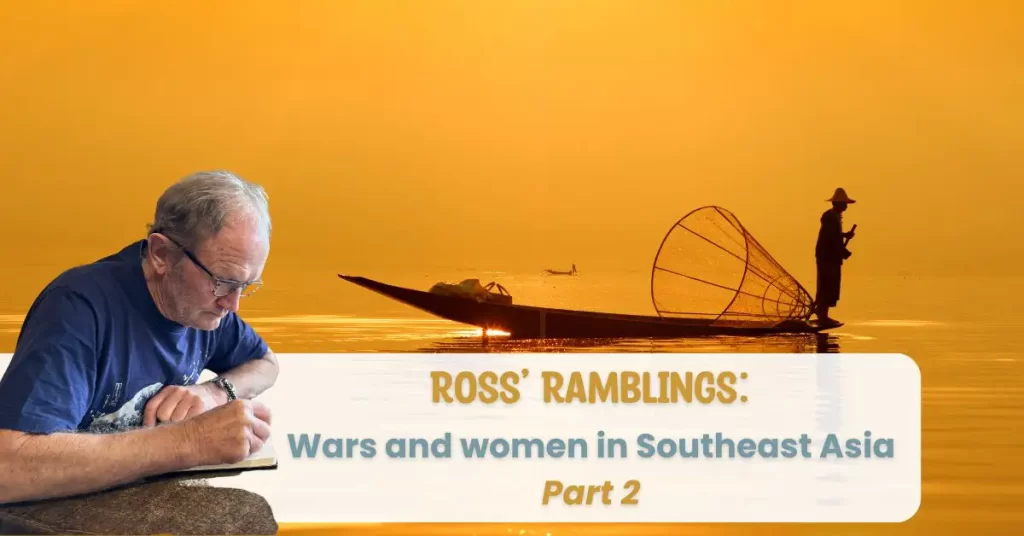
Continuing on from Part 1 in which I discussed non-judgement of Thai working girls, I did judge another girl around the hotel pool one day, but she wasn’t Thai. Being a horny male in my early 20s, I took a second look when I saw a drop dead gorgeous young woman lying by the pool. I summoned up the courage to approach her and introduced myself. Her reply shocked me. In a loud screeching voice with the most extreme Aussie accent I had ever heard, she replied “Gidday cobber, nice to meet ya. Martha’s my handle.” It turned out she was from a small town in the middle of the lucky country. She was very outgoing and seemed nice, but that voice. “Oh god,” I remember thinking. “Why did you combine such an attractive body and personality with such an atrocious voice and way with words?” God answered, “For Christ’s sake boyo, you should know that everything in life is a test for you. Get over it.” Well, I couldn’t get over it and managed to find an excuse to slip away leaving god and Martha by the pool.
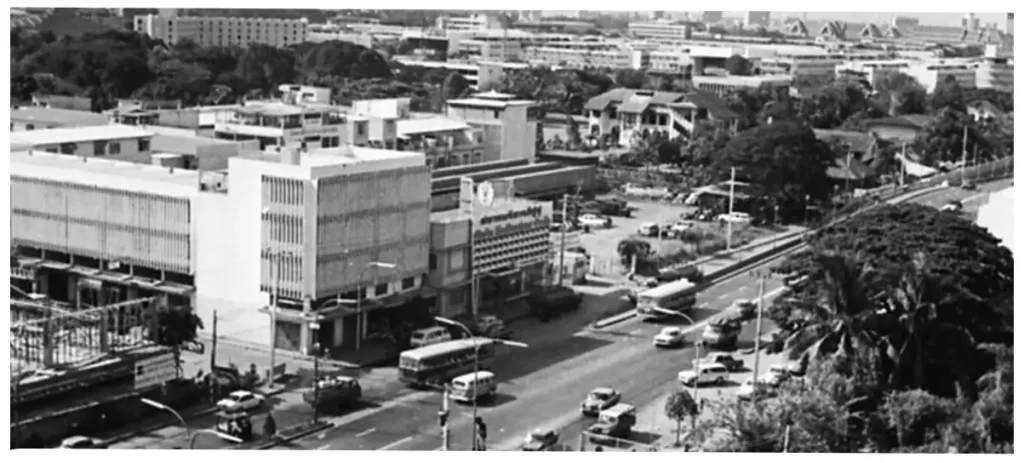
Another person I met beside the pool was John who was in the third month of a planned year-long OE, but who was due to fly back home to NZ the next day having spent all the rest of his trip money on a month of partying hard in Bangkok, a fate that befell a lot of young travellers in the 1970s. I hope the drugs, alcohol and women were worth the tail-between-the-legs return to family and friends.
At Pattaya, which in the 70s was just a sleepy seaside town which American GIs had also frequented during the war, an ex-soldier also called John befriended us and asked for some money as he didn’t have anywhere to stay and was sleeping under a water tower. He had fallen victim to the lure of swallowing opium-soaked coconut fibre which was a cheap drug of choice for some travellers. Unfortunately, the opium, which gave an extremely euphoric experience, was highly addictive and a very difficult habit to kick. I was in two minds about giving him money to continue his habit, so I bought him food instead. However, I witnessed his pretty horrible withdrawal symptoms when he had no money for his daily fixes – shaking, severe back ache, nausea and diarrhoea being just a few. Eventually we left Pattaya with John still sleeping under the water tower. I hope he gathered the courage and the will to enter a rehab program.
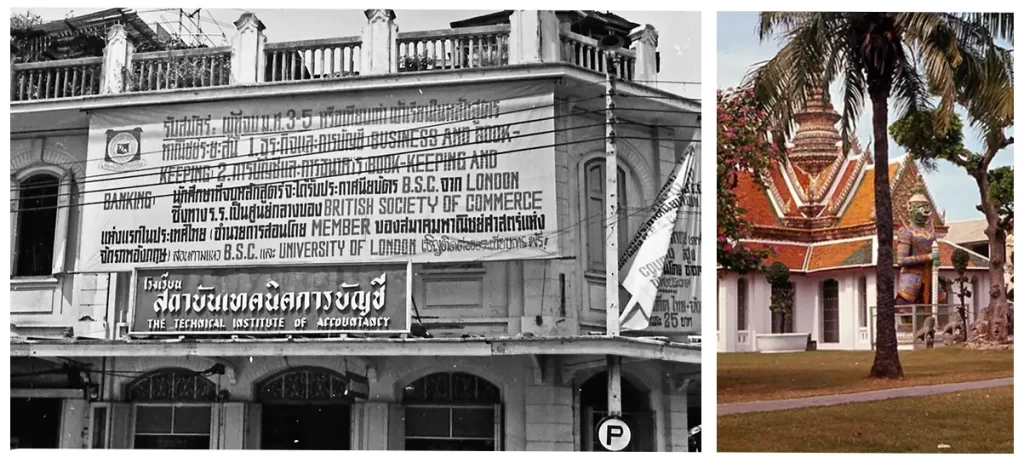
Sometime later, I visited northern Thailand. My friend and I hired a guide to take us on a three-day trek into the hills surrounding Chiang Mai. We walked through mountainous jungle until we reached a village of the Karen tribe, many of whose members escaped to Thailand after persecution in their homeland of Myanmar. The Padaung or long neck women of the tribe wear rings around their necks as a sign of beauty and tradition. The rings are made longer when extra ones are added as a girl becomes older. The rings are heavy and can add an extra 5 kilos to be borne by the collarbone and rib cage, often weakening them, but this does not deter the women from wearing them. These mountain tribes survive through slash and burn agriculture and tourism, hosting trekking travellers and selling beautiful souvenirs of their very colourful traditional clothing and jewellery. Unfortunately, in 2008 the UN published an article which equated going to these villages to visiting ‘human zoos’. This of course caused a boycott by some travellers, who thought that their actions might force the Thai government to give the tribespeople more rights, especially citizenship which would give them more access to child education and healthcare. However, it now seems that many of them would prefer the tourists to return for economic reasons and because they enjoy meeting foreigners from all over the world.
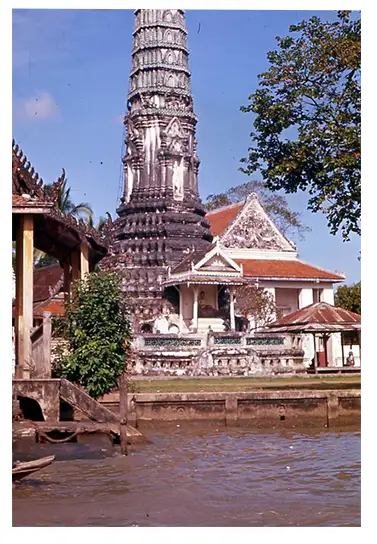
Instead of having the traditional thatched roofs, some of the village houses sported corrugated iron ones which were financed by Korean missionaries as a reward for converting to Christianity. These roofs were a valuable luxury, especially when the monsoon rains came. However, some locals I spoke to said they were actually Buddhist but went to church now and then in return for their new roof. The lord works in mysterious ways, but perhaps she could persuade some of her missionaries to rectify some of the dire poverty of the region even if the inhabitants didn’t convert, given the fact that, while the hill tribe villages appeared relatively economically okay, there were some places in the hills where the people lived in extreme poverty and the children were in very poor health.
I mean, if I was offered a new roof for my house, of course I would ‘convert’ for a while, but I would much rather the money were spent on someone who really needs it. I am sure Jesus would agree with me if he was here. Amen.
Before leaving Southeast Asia in December 1973, I visited Vientiane, the capital city of Laos on the banks of the Mekong River. It was the closest I have ever been to a war zone. The US military involvement in Laos had ended during that year but the Laotian Civil War continued until 1975. There was a ceasefire at the time of my visit but there was also a feeling of unease with sporadic gunfire and explosions which could be heard coming from the jungle especially at night. My hotel was also occupied by government soldiers who informed me that communist soldiers were housed in the hotel across the road. I prayed that the ceasefire would hold at least until the day of my departure. It did.
I count myself very fortunate to have dodged the draft when I was 18 years old, when 50% of birth dates were drawn from a hat and the unlucky ones had to have their often long hair cut off and undergo military training, with the possibility of being called up and forced to fight in Vietnam, as happened in Australia. People used to say, “You can’t have a war if everyone refuses to go.” Now however, with drones, AI, and possible robot soldiers, things are different and who knows how future wars will be fought. And then of course there are the hawkish world leaders who hold their countries’ nuclear codes and have their fingers on the red button. Bugger it, I think I’ll just go fishing, while I still can and while there are still fish in the sea, despite Shane Jones and his industrial fishing policies.
Photos by wilfordpeloquin
Words by Ross Liggins
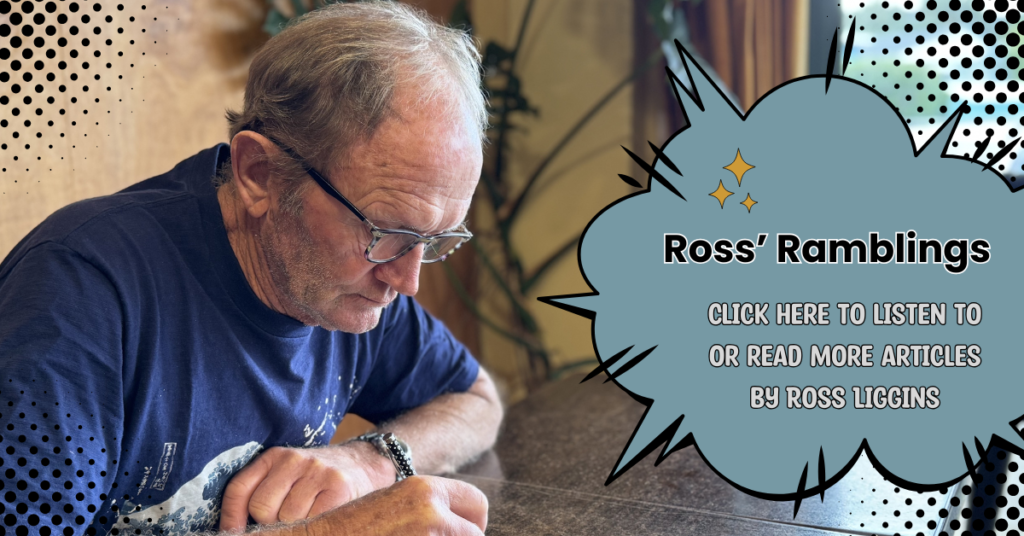
Coromind: Coromandel’s Collaborative Magazine

Help us take Coromind Magazine to new heights by becoming a member. Click here
Change the Weather for Your Business: Advertise with Us.
Advertise your business in the whole Hauraki Coromandel in the coolest Coromandel Art Magazine, from Waihi Beach/Paeroa /Thames up to the Great Barrier Island.
Advertise Smarter, Not Harder: Get in Touch




